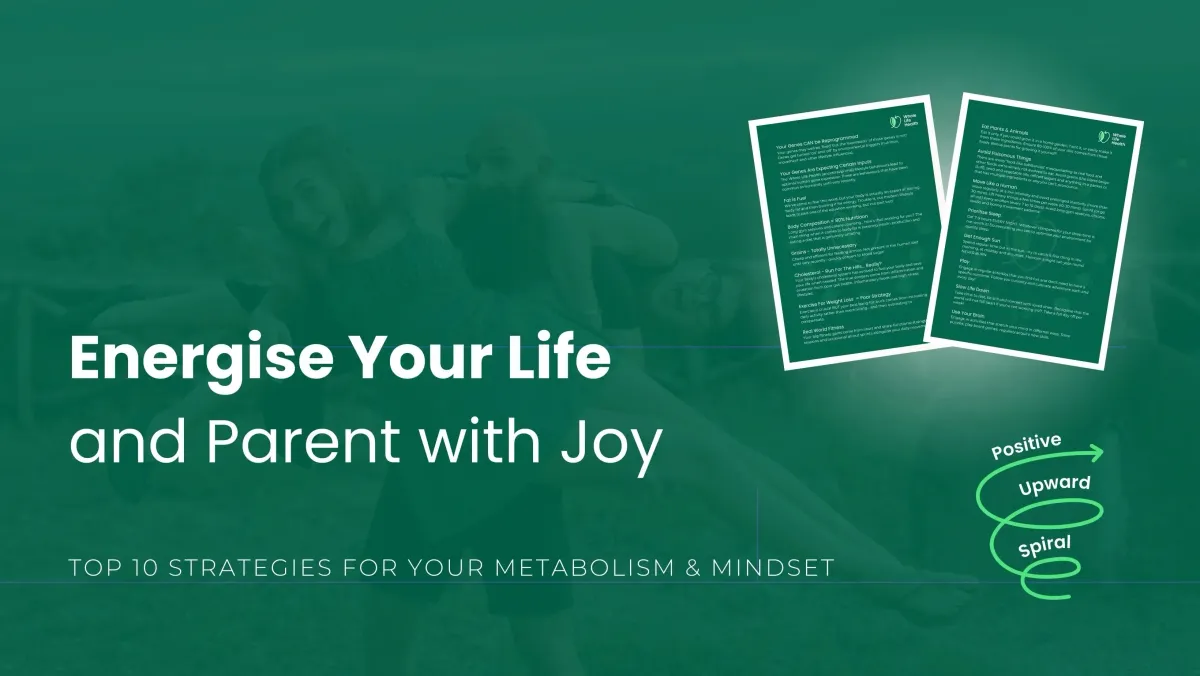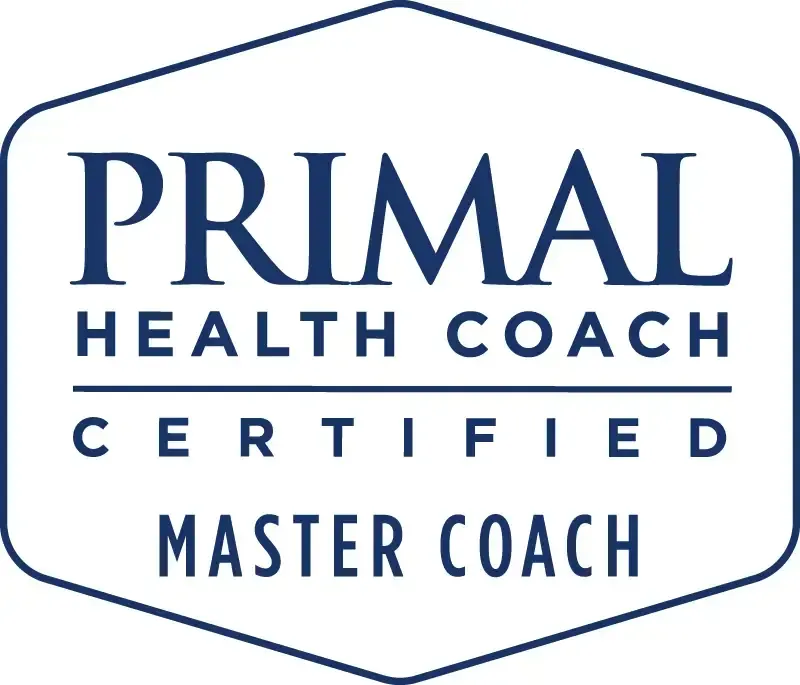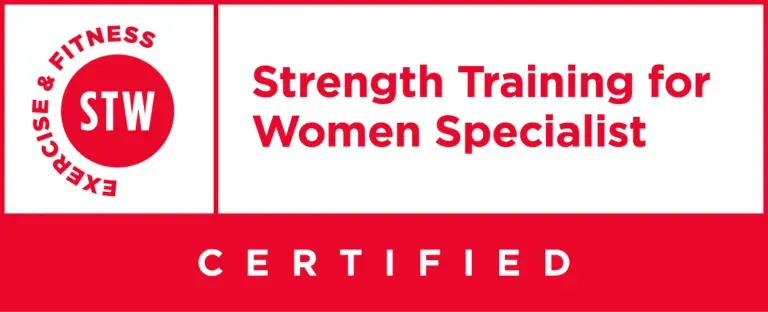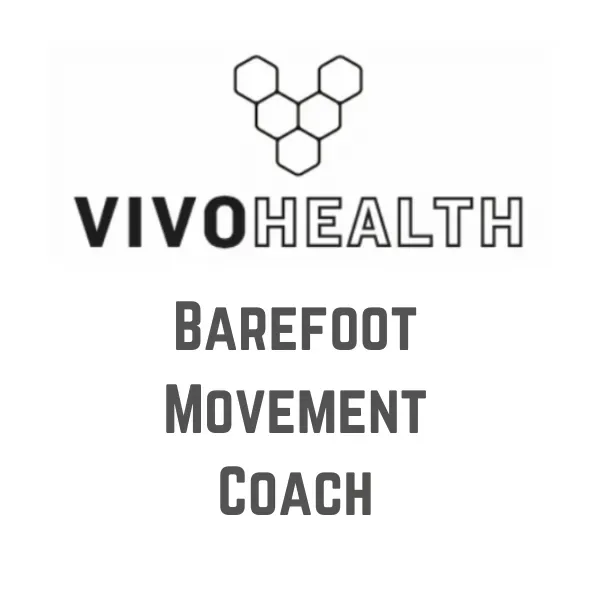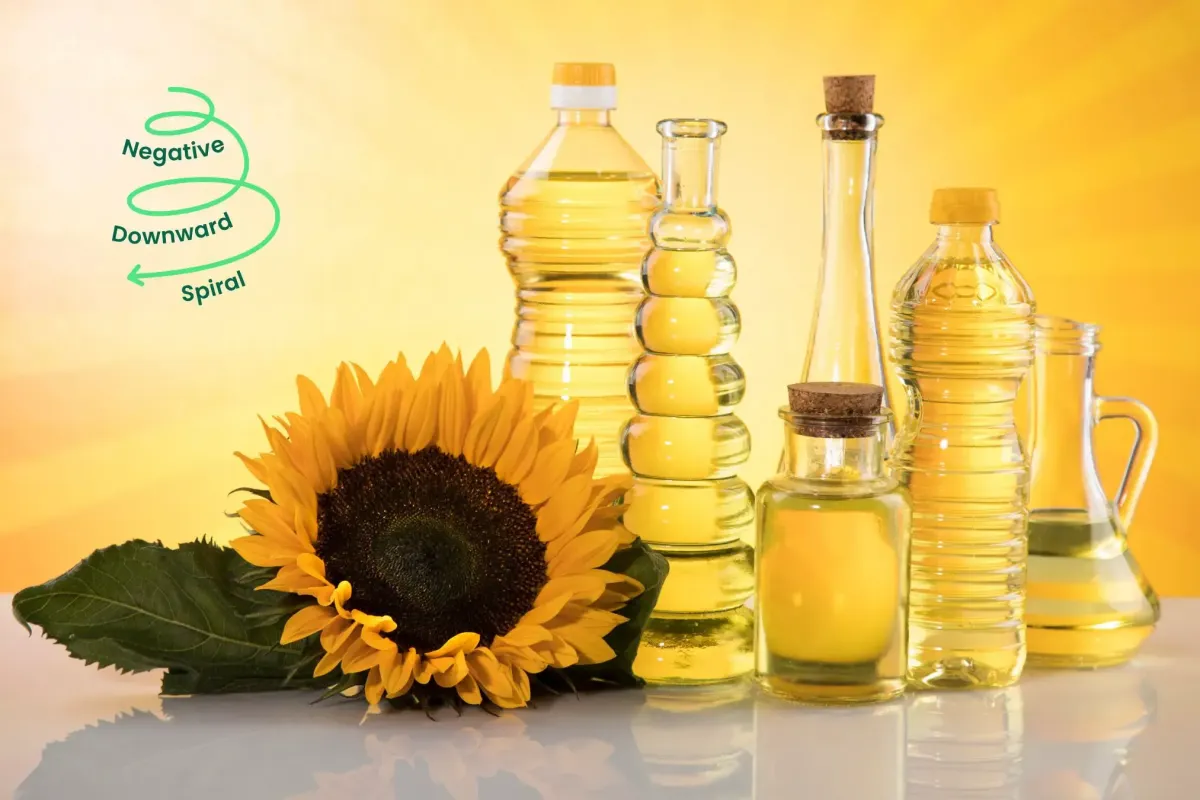
Seed Oils Are a Joke — And Your Cells Are the Punchline
You ever walked past a fish and chip shop and smelled the fryer oil after a long day of deep-frying despair? There’s a reason your nose wrinkles. You can tell — almost viscerally — which days they’ve changed the oil and which days it’s just about holding on for dear life before being discarded (or fuelling trucks... a silver lining maybe?)
Welcome to the world of industrial seed oils. Once hailed as modern marvels of heart health and culinary convenience, these so-called “vegetable oils” (they’re not from vegetables, by the way) are a poster child for well-meaning science gone off the rails.
We’re talking sunflower oil, rapeseed oil (often labeled as canola in the US), soybean oil, corn oil — the translucent liquids that seem to be in everything. Let’s break down why this modern invention is metabolically deranged, neurologically suspect, and ancestrally absurd.
Wait, Aren’t These Supposed to Be Heart Healthy?
For decades, seed oils rode the coattails of Ancel Keys’ war on saturated fat. They were sold to us as the clean, modern antidote to butter and lard. Trouble is, the science that backed this shift was shaky at best, manipulated at worst, and tragically one-dimensional.
Instead of looking at the quality of fats or their interaction with cell membranes and metabolic function, researchers zeroed in on cholesterol numbers and mortality curves that never told the full story. As Dark Calories and the work of Dr. Catherine Shanahan make clear, we’ve spent too long treating seed oils like neutral inputs. They’re not.
They oxidise. They disrupt cell membranes. They stick around in body fat for up to 600 days. They’re not just fuel — they become you.
Cellular Oxidation... Rusty Cells?
The Real Issue? Oxidation and Incorporation
Seed oils are rich in polyunsaturated fatty acids (PUFAs), which are highly unstable. They oxidise easily during processing, cooking, and even in your body. These fats can integrate into cell membranes, then oxidise and lead to a cascade of low-grade inflammation and mitochondrial dysfunction, often leading us to point the finger elsewhere. And no amount of antioxidants are gonna cut it when your cell membranes are having oxidative chain reactions... cram all the blueberries you want!
In plain English: your body uses what you give it. Feed it rancid fats, and your cells suffer. Skin clarity? Gone. Joint comfort? Flare-up. Gut calm? Bloating.
Many of my clients report mild but real symptoms when inadvertently re-exposed to seed oils after having switched to more ancestrally aligned fats. Their bodies are talking. Most of us are just so used to background dysfunction, we don’t hear it.
But It’s Just a Little Oil, Right?
Let’s do a little real-world audit:
Bought hummus? Check for rapeseed oil.
“Healthy” salad dressing? Probably sunflower.
Organic oat milk latte? Yup, that creamy texture is often propped up by an oil.
Grabbed crisps or a “wholegrain” wrap? Yep — industrial seed oil.
These oils sneak into everything, including your so-called health foods. The average Western diet is so skewed toward these fats that we’ve fundamentally shifted the composition of human cell tissue in just a few generations.
This isn’t about being precious. It’s about recognising that these oils are not neutral. They’re not inert. They’re not what your body evolved to use as structural material.
So What Fats Should We Be Eating?
In short: the ones we’ve always eaten.
Animal fats: beef tallow, lard, butter, ghee, duck fat... ostrich...
Egg yolks, oily fish, nuts : all ancestral, all real
Monounsaturated fats: olive oil, avocado oil (cold pressed), macadamia oil
Coconut oil: stable, saturated, heat-tolerant
Whole Seeds: way smaller amounts of polyunsaturated fats in their natural form
The key difference? These fats are metabolically familiar. They don’t oxidise in the same way. They don’t linger as toxic residue in your tissues. And they come packaged with nutrients — not stripped down, bleached, deodorised, and pumped into a plastic bottle.
How to Start Ditching Seed Oils (Without Losing Your Mind)
Read the back of packets. It’s tedious for two weeks, then it becomes second nature.
Cook more at home. You control the inputs.
Choose restaurants wisely. Ask what oils they use. Better yet — pick cuisines that lean on olive oil or ghee (but still double check... cost cutting often means cutting nutritional value).
Don’t panic about perfection. Think “home base” vs “occasional exposure.” You’ll get more robust over time.
Fast-Track Your Education
If this is news to you — or if you're still not sure whether it's all just health-nutter hype — grab a copy of Dark Calories or dive into the work of Dr. Catherine Shanahan (Deep Nutrition is another gem). They unpack the lipid biochemistry and evolutionary mismatch in plain, compelling terms.
Your cells will thank you.
Frequently Asked Questions about Seed Oils
Are all vegetable oils bad for you?
Not all oils labeled “vegetable” are created equal, but most seed oils (like soybean, sunflower, rapeseed/canola, and corn oil) can be highly processed and are much more prone to oxidation. Cold-pressed oils like extra virgin olive oil and avocado oil are far more stable and closer to ancestral fat sources.
Do seed oils cause inflammation?
Yes — particularly when oxidised, seed oils can disrupt cell membranes and metabolic processes. This low-grade inflammation is linked to a wide range of chronic diseases, from arthritis to cardiovascular issues.
How do I avoid seed oils when eating out?
Ask! Many restaurants cook with cheap oils by default. Look for establishments that use butter, olive oil, or ghee — or choose menu items that don’t rely on frying or heavy sauces.
Can I cook with olive oil or butter instead?
Absolutely. Butter, ghee, coconut oil, macadamia and cold-pressed olive oil are all stable fats for cooking. Just avoid high heat with olive, butter or coconut unless you want to smoke your food... and yourself. Avocado oil and animal fats are much better for higher heat cooking.
Is it really worth avoiding seed oils if I’m otherwise healthy?
Yes — because it’s not just about what you feel now. Seed oils accumulate in body fat and cell membranes, affecting long-term metabolic health, inflammation levels, and even mitochondrial function. Prevention is better than damage control.
Where can I learn more about seed oils?
Check out Dark Calories by Dr. Catherine Shanahan. Dr Shanahan provides a deep, accessible insight into how seed oils interact with the body and why ancestral fats are a better fit for human health.
PS: Want a proper action plan to ditch modern junk and build your health back up using time-tested foods, movement, and mindset? Book a free call — no pressure, just a good chat.


